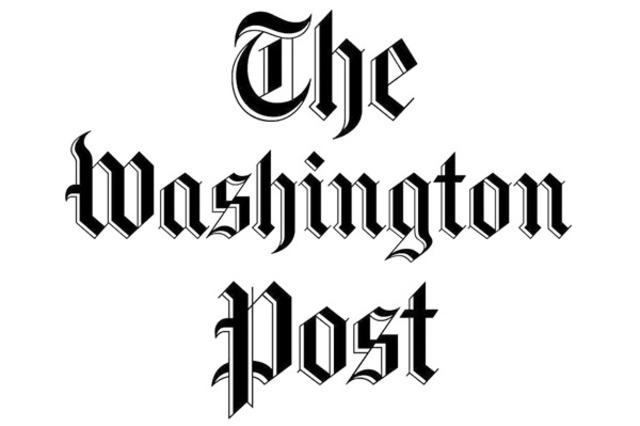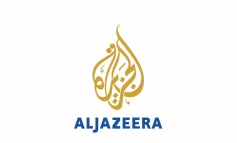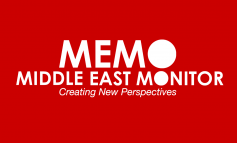Original Link: https://www.washingtonpost.com/opinions/global-opinions/how-trump-can-put-america-first-get-innocent-us-citizens-freed-from-foreign-jails/2017/12/24/7018e326-e5c1-11e7-a65d-1ac0fd7f097e_story.html?utm_term=.5d43fa60b08c
On Christmas it’s worth sparing a thought for a shamefully neglected group of Americans — those unjustly locked up in foreign prisons on political grounds. There are at least 40 of them, in five countries, held as trophies or as de facto hostages and bargaining chips by authoritarian regimes seeking leverage over Washington. In many cases, their only offense was to be a U.S. citizen.
About 20 of the Americans — the number is hard to pin down — are held by Egypt, a nominal U.S. ally that receives more than $1 billion in aid annually. Several have been held for years without trial. Turkey, a NATO ally, holds another dozen; strongman Recep Tayyip Erdogan has spoken openly of using them to force the extradition of a Turkish cleric living in Pennsylvania. Venezuela this month brought trumped-up weapons charges against Josh Holt, a Mormon missionary arrested 17 months ago — the same week two relatives of President Nicolás Maduro’s wife were sentencedon drug charges in New York.
At least three U.S. citizens and a permanent resident are held by Iran — which, along with North Korea, pioneered the practice of seizing Americans on bogus pretexts and then using them to leverage political and economic favors from Washington. Pyongyang, for its part, still holds three Americans months after its release of college student Otto Warmbier, who died days after he was returned to his family.
At one time it appeared that the Trump administration might make the aggressive defense of these citizens a signature of its foreign policy. There was plenty of opportunity: The Obama administration often neglected and played down U.S. prisoners in the name of brokering bigger deals and defending larger interests. Fighting for Americans fits well with President Trump’s stated priority of putting America first.
In April, Trump pushed Egyptian ruler Abdel Fatah al-Sissi to free Aya Hijazi, who with her husband had spent three years in prison for setting up a nongovernmental organization to help Cairo street children. Hijazi was released several weeks later and flown home on a U.S. government plane for a showy meeting with Trump.
Since then, however, Trump and his staff have appeared to lose interest, with some exceptions. Last month the president took credit for getting three UCLA basketball players out of shoplifting charges in China by appealing to President Xi Jinping. Trump then turned on them when they appeared insufficiently grateful. Meanwhile, appeals for White House action on behalf of other prisoners in Egypt — by family members, lawyers and members of Congress — have failed to stir any response.
Take the cases of Mostafa Kassem and Ahmed Etiwy, two of the U.S. citizens held by Egypt. Both have been imprisoned since 2013 after being swept up in crackdowns against protests in which they did not participate. Kassem, a 52-year-old auto-parts dealer from New York, happened to be in Egypt on the day that security forces crushed a mass sit-in in Cairo’s Rabaa Square, killing hundreds. He was not there but was stopped at a security checkpoint two miles away; when police saw his U.S. passport, they beat him up and arrested him.
Etiwy, a 27-year-old student also from New York, similarly was dropping off a relative at a bus station when police stormed a nearby mosque. He was surrounded by a mob who suspected him of being a journalist, then was turned over to security forces. Kassem has never been convicted of a crime, but Etiwy was sentenced in September to five years in prison.
Praveen Madhiraju of the Washington-based group Pretrial Rights International said he and two other advocates had contacted officials at the White House and National Security Council a dozen times about the cases but received no response. A letter from Sen. John McCain (R-Ariz.) to Trump in August prompted no visible action. But an Irish citizen arrested in the same mosque crackdown that swept up Etiwy was freed in October after intensive lobbying by the Irish government.
The Trump administration did recently launch an effort to free the Americans held in Tehran, including businessman Siamak Namazi, his father Baquer Namazi and a Princeton University graduate student, Xiyue Wang, sources told me. But so far there’s been no result — and if Trump carries out his threat to reimpose U.S. sanctions on Iran next month, the initiative will be stillborn.
In the case of Turkey, Trump has tried and failed. Both he and Vice President Pence asked Erdogan for the release of an imprisoned American pastor, Andrew Brunson, and were rebuffed. But Turkey, like Egypt, is an ally, and the administration has stopped short of using tools that might create more leverage. How about suspending U.S. military aid and sales to Egypt and Turkey until innocent Americans are released? That would show that Trump really does put America first.







Leave a Reply